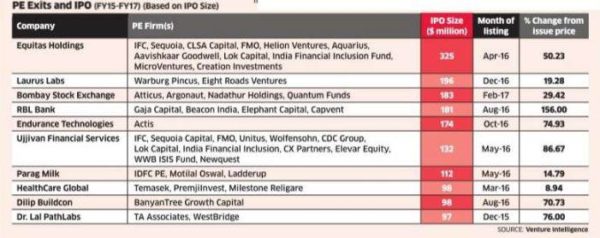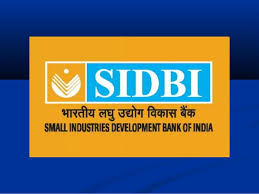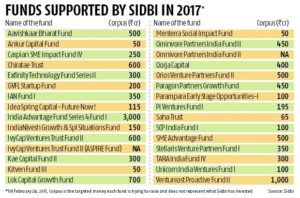 Home service startup UrbanClap has raised Rs.20 Crore of debt funding from California-Based Trifecta Capital through Non-Convertible Debentures.
Home service startup UrbanClap has raised Rs.20 Crore of debt funding from California-Based Trifecta Capital through Non-Convertible Debentures.
A Non – Convertible debenture or NCD do not have the option of conversion into shares and on maturity, the principal amount along with accumulated interest is paid to the holder of the instrument. There are two types of NCDs-secured and unsecured.
Previously, UrbanClap raised an undisclosed amount funding from Ratan TATA in December 2015. The total equity funding from UrbanClap is about $36.6 Millions. The startup investors base include SAIF Capitals, Rohit Bhansal, Accel Partners, Bessemer Venture Capital and others.
The startup has also acquired similar startups like GoodServices and Mumbai-Based HandyHome.
The Delhi-Based startup was founded in October 2014 by Varun Khaitan, Raghav Chandra and Abhiraj Bhal. UrbanClap is the simplest way to hire trusted services. The startup helps their customers to find the right service professionals for activities important house works. Their vision is to use technology and smart processes to structure the highly unorganised services market in India and emerging markets.
Trifecta Capital is an early stage technology fund that invests in the best start-ups. Current portfolio companies include Equipment Share, Second Spectrum, Moltin and others. Trifecta Capital is a top quartile Silicon Valley-based seed fund. The venture capitalist is industry agnostic and look to support companies starting at seed stage but continue our support until IPO.
Commenting on the funding Rahul Khanna, managing partner at Trifecta Capital, said: “We are very focused on identifying category leaders. The venture debt firm has so far committed Rs 300 crore to 21 startups in the last 18 months through its Trifecta Venture Debt Fund I, the target corpus for which is Rs 500 crore.”
The venture debt firm has invested in several startups such as BigBasket, Rivigo and Urban Ladder.
Source: https://indianceo.in/news/urbanclap-receives-rs-20-crore-ncd-trifecta-capital/








